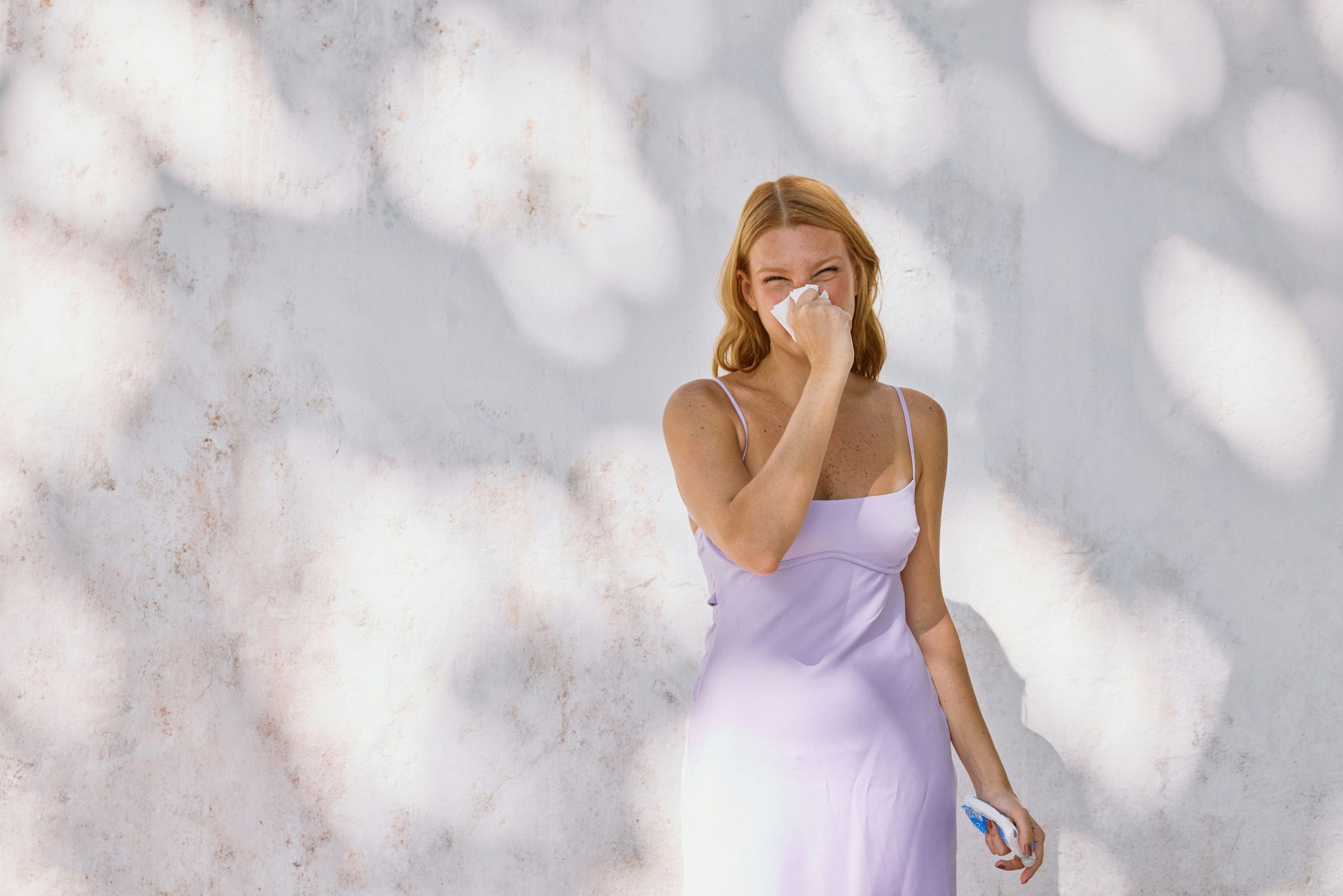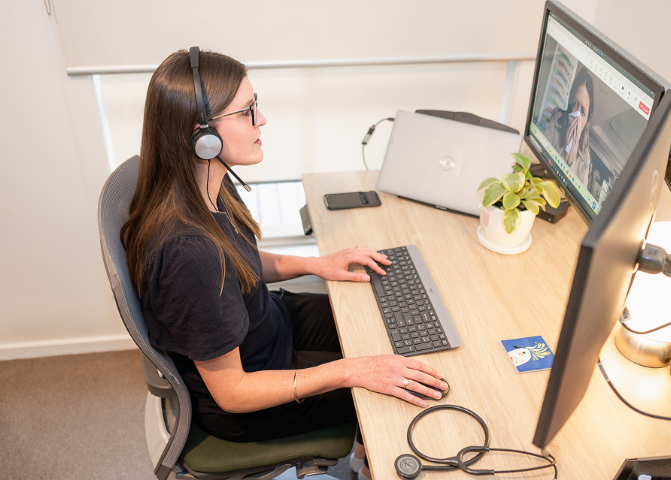14/09/2024
Sleep and Anxiety: How They Affect Each Other and Tips for Better Rest
Four in 10 Australians aren’t getting sufficient sleep, making it a prominent health problem in Australia. At the same time, one in four Aussies will experience anxiety at some point in their lives. It comes as no surprise, then, that sleeping problems and anxiety are closely related.
For many years, we’ve understood the negative effects of poor sleeping on our mental health. Lack of sleep can increase anxiety, and anxiety can exacerbate sleeping problems.
Medmate discusses sleep and anxiety, how you can get a better rest, and how our team can help you get treated for anxiety:
Sleep and anxiety: the connection
Anxiety is commonly linked to sleeping problems. Excessive worrying and fear makes it harder to fall asleep and stay asleep through the night. Sleep deprivation can worsen anxiety, spurring a negative cycle of insomnia and anxiety disorders. Anxiety is often a cause of insomnia – a condition which prevents people from falling or staying asleep.
How they affect each other
Sleep problems and anxiety are often connected in a negative feedback loop. Anxiety causes your mental health to deteriorate, and can keep you up worrying at night, which prevents you from falling asleep or staying asleep. This then causes a sleep debt, resulting of feelings of fatigue and lack of energy. Fatigue causes you to experience difficulty in focusing, which exacerbates anxiety – coming full circle in the feedback loop.
In other words, sleeping problems and anxiety have a bidirectional relationship which means that anxiety and sleep deprivation can be self-reinforcing; worrying causes poor sleep, while further sleep difficulties cause greater anxiety.
How to sleep better when managing anxiety
There are several tips that may work for you in order to get a better sleep when managing anxiety:
Stop screen time an hour before bed – looking at screens (including phones, iPads and TV) before bed can disrupt your melatonin surge which is needed to fall asleep. Put the screens down an hour before bed and read a book instead.
Breathing exercises – breathing exercises help to relax before sleep and can be done whilst in bed.
Avoid napping – napping breaks up our regular sleeping patterns, making it difficult to sleep at night.
Melatonin supplements – these may help to increase the sleep hormone melatonin before bed, helping us sleep better. Important to only consider this under the guidance of a medical professional.
Professional treatment for poor sleep and anxiety
Professional treatment, such as cognitive behaviour therapy (CBT), is an evidence based option for poor sleep and anxiety. Medmate can help you get the treatment you need for sleep deprivation and anxiety disorders. Our team of telehealth professionals specialising in mental health care are committed to helping you feel better. We provide personalised care from the comfort of your own home, making it simple and convenient to get treated. Take the first step towards overcoming anxiety and book in for a consultation today.
Recommended reading
Search for a specific topic or filter by categories to find information on what you need to know on the full Medmate Journal

What Are Antihistamines and How Do They Work?
If you experience sneezing fits in spring, itchy skin after contact with something new, or watery eyes around pets, you may have been told to take an antihistamine. But what…
